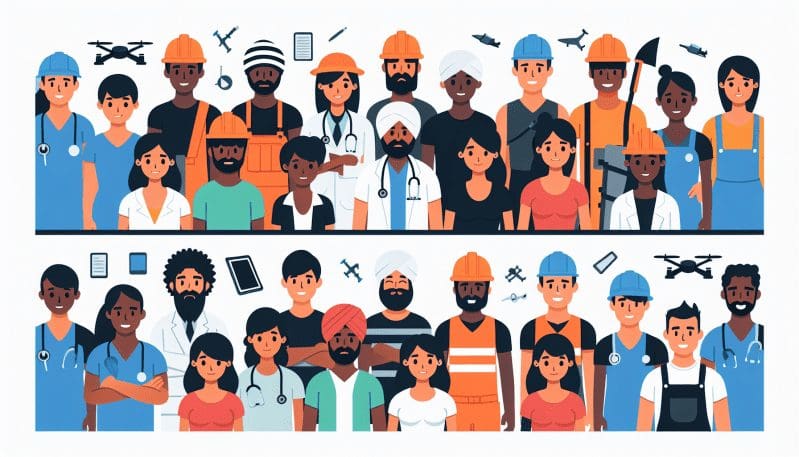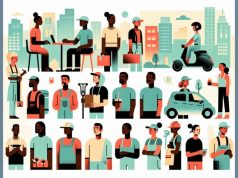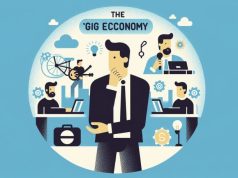The gig economy has introduced a seismic shift in the way we understand work, employment, and entrepreneurship. In this age of transient workforces, businesses and individuals alike are being forced to rethink their strategies and redefine what it means to be successful. Entrepreneurs, traditionally seen as visionary risk-takers who build companies from the ground up, are now operating in a landscape where the rules are being rewritten by the rise of independent contractors and freelance workers.
Initially, the gig economy seemed like the domain of those looking for side jobs or small tasks – the Uber drivers and TaskRabbit workers. However, it has rapidly evolved to encompass a broader spectrum of professions. High-skilled workers, such as software developers, graphic designers, and consultants, are now a significant part of this labor market, often preferring the autonomy and flexibility that gig work provides. For startups and established businesses, this presents an opportunity to leverage specialized expertise without the commitment of traditional full-time employment contracts.
The impact on business models is profound. Startups can scale up and down with far greater ease, adapting to market demands without the burden of fixed labor costs. This fluidity in operations allows for a more agile approach to project management and service delivery. However, it’s not without its downside. Entrepreneurs must now navigate less predictable income streams and potentially deal with a rotating door of talent, which can impact team cohesion and continuity of service.
An added layer of complexity comes with the need for robust regulatory frameworks to protect both gig workers and businesses. As the lines blur between traditional employment and freelance work, questions around benefits, taxes, and worker protections have come to the forefront. Entrepreneurs must stay abreast of legal requirements and ethical considerations in an environment that is still very much in a state of flux.
Despite these challenges, there are entrepreneurs and gig workers who have turned this new landscape into a breeding ground for innovation and success. By tapping into networks of freelancers, they have built resilient and dynamic businesses that defy traditional structures. These case studies serve as a blueprint for how to incorporate gig workers into strategic planning, offering insights into managing a dispersed yet highly effective workforce.
As we look towards the future, it is clear that the gig economy is here to stay. The traditional workforce must adapt to the realities of this new paradigm, where job security is no longer guaranteed, and a career may consist of a patchwork of projects and gigs. Startups and established companies alike need to consider how they will integrate these transient workforces into their operations and culture.
In conclusion, while the gig economy presents a multitude of challenges, it also offers unprecedented opportunities for entrepreneurship and innovation. As businesses learn to harness the power of a flexible, skilled, and autonomous workforce, they will unlock new potentials for growth and adaptability. However, only with thoughtful regulation and strategic foresight will we ensure the long-term sustainability of this new way of working, preserving the rights of workers and fostering a healthy economic ecosystem. The future of work is changing, and it is up to us to shape it into one where both businesses and individuals can thrive.



























